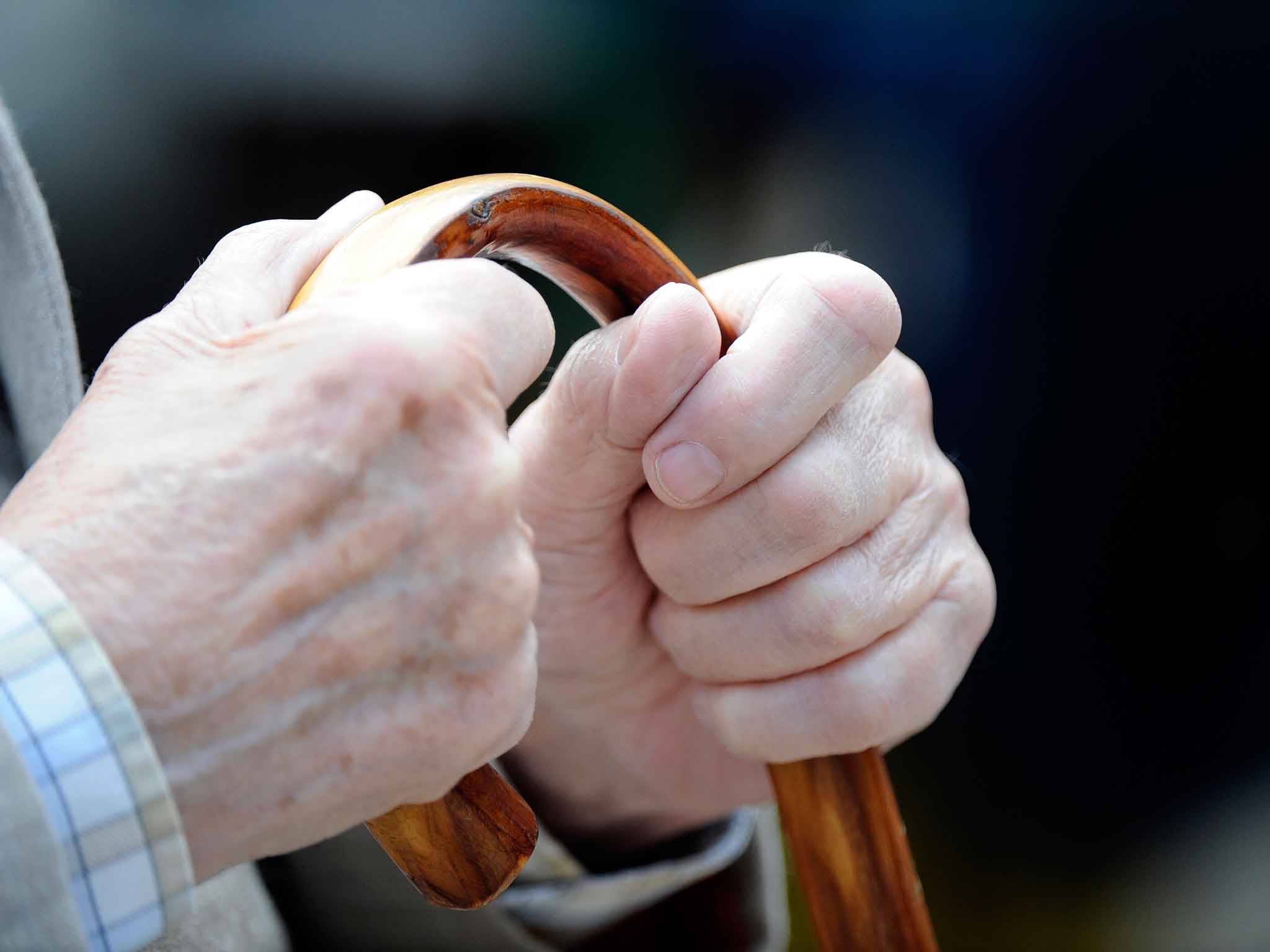State providing more support to old people and less to children and working age adults, says Resolution Foundation
According to the foundation, pensioner benefits will soak up more than half of the welfare budget by the end of the decade

Your support helps us to tell the story
From reproductive rights to climate change to Big Tech, The Independent is on the ground when the story is developing. Whether it's investigating the financials of Elon Musk's pro-Trump PAC or producing our latest documentary, 'The A Word', which shines a light on the American women fighting for reproductive rights, we know how important it is to parse out the facts from the messaging.
At such a critical moment in US history, we need reporters on the ground. Your donation allows us to keep sending journalists to speak to both sides of the story.
The Independent is trusted by Americans across the entire political spectrum. And unlike many other quality news outlets, we choose not to lock Americans out of our reporting and analysis with paywalls. We believe quality journalism should be available to everyone, paid for by those who can afford it.
Your support makes all the difference.A dangerous “generation gap” has opened up in government spending, as the state provides more support to old people and less to children and working age adults, according to a new analysis published on 10 November
The Resolution Foundation think tank found that old age and health will between them account for more than 40 per cent of state spending by 2020 - more than twice the share allocated to education and boosting the economy.
Budget cuts of up to 40 per cent for non-protected government departments by George Osborne in this month’s spending review will mask a big shift in where the money goes, said the think tank. It warned of a “growing generational gap” in welfare provision since the 2007 financial crisis, with average spending per head set to fall by 7 per cent for children and 9 per cent among working age adults. In contrast, spending on pensioners per head will rise by about 19 per cent over the same period.
According to the foundation, pensioner benefits will soak up more than half of the welfare budget by the end of the decade. As people live longer, the trend is likely to be even more marked after 2020.
Matt Whittaker, chief economist at the foundation, said: “The focus on spending cuts as the driver of deficit reduction, combined with protections for areas such as health and pensioner benefits, has created a big shift in state support towards older people – and away from children and young adults.”
Join our commenting forum
Join thought-provoking conversations, follow other Independent readers and see their replies
Comments